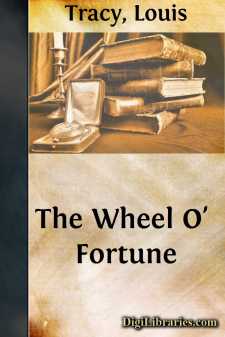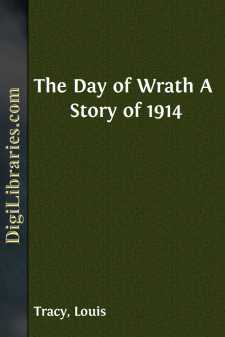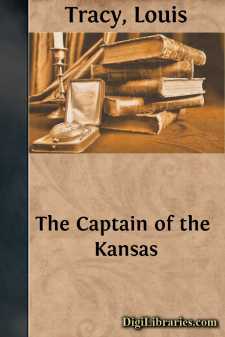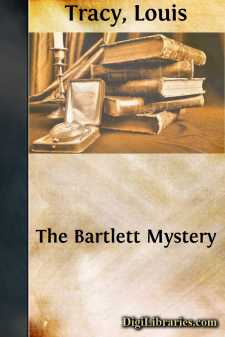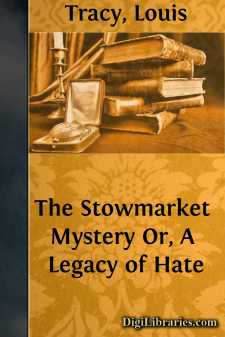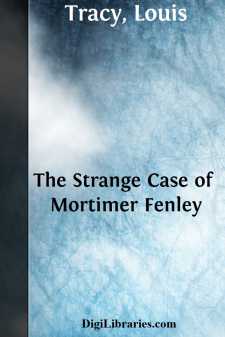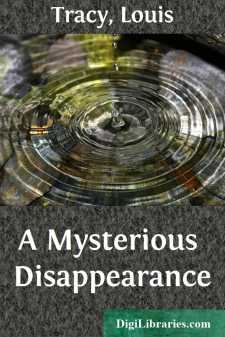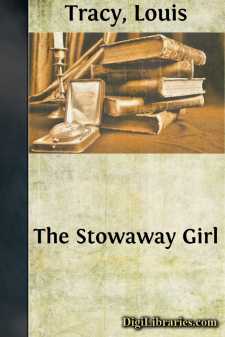Categories
- Antiques & Collectibles 13
- Architecture 36
- Art 48
- Bibles 22
- Biography & Autobiography 813
- Body, Mind & Spirit 142
- Business & Economics 28
- Children's Books 17
- Children's Fiction 14
- Computers 4
- Cooking 94
- Crafts & Hobbies 4
- Drama 346
- Education 46
- Family & Relationships 57
- Fiction 11829
- Games 19
- Gardening 17
- Health & Fitness 34
- History 1377
- House & Home 1
- Humor 147
- Juvenile Fiction 1873
- Juvenile Nonfiction 202
- Language Arts & Disciplines 88
- Law 16
- Literary Collections 686
- Literary Criticism 179
- Mathematics 13
- Medical 41
- Music 40
- Nature 179
- Non-Classifiable 1768
- Performing Arts 7
- Periodicals 1453
- Philosophy 64
- Photography 2
- Poetry 896
- Political Science 203
- Psychology 42
- Reference 154
- Religion 513
- Science 126
- Self-Help 84
- Social Science 81
- Sports & Recreation 34
- Study Aids 3
- Technology & Engineering 59
- Transportation 23
- Travel 463
- True Crime 29
The Wheel O' Fortune
by: Louis Tracy
Description:
Excerpt
CHAPTER I
WHEREIN FORTUNE TURNS HER WHEEL
At ten o'clock on a morning in October—a dazzling, sunlit morning after hours of wind-lashed rain—a young man hurried out of Victoria Station and dodged the traffic and the mud-pools on his way towards Victoria Street. Suddenly he was brought to a stand by an unusual spectacle. A procession of the "unemployed" was sauntering out of Vauxhall Bridge Road into the more important street. Being men of leisure, the processionists moved slowly. The more alert pedestrian who had just emerged from the station did not grumble at the delay—he even turned it to advantage by rolling and lighting a cigarette. The ragged regiment filed past, a soiled, frayed, hopeless-looking gang. Three hundred men had gathered on the south side of the river, and were marching to join other contingents on the Thames Embankment, whence some thousands of them would be shepherded by policemen up Northumberland Avenue, across Trafalgar Square, and so, by way of Lower Regent Street and Piccadilly, to Hyde Park, where they would hoarsely cheer every demagogue who blamed the Government for their miseries.
London, like Richard Royson, would stand on the pavement and watch them. Like him, it would drop a few coins into the collecting boxes rattled under its nose, and grin at the absurd figure cut by a very fat man who waddled notably, among his leaner brethren, for hunger and substance are not often found so strangely allied. But, having salved its conscience by giving, and gratified its sarcastic humor by laughing, London took thought, perhaps, when it read the strange device on the banner carried by this Vauxhall contingent. "Curse your charity —we want work," said the white letters, staring threateningly out of a wide strip of red cotton. There was a brutal force in the phrase. It was Socialism in a tabloid. Many a looker-on, whose lot was nigh as desperate as that of the demonstrators, felt that it struck him between the eyes.
It had some such effect on Royson. Rather abruptly he turned away, and reached the less crowded Buckingham Palace Road. His face was darkened by a frown, though his blue eyes had a glint of humor in them. The legend on the banner had annoyed him. Its blatant message had penetrated the armor of youth, high spirits, and abounding good health. It expressed his own case, with a crude vigor. The "unemployed" genius who railed at society in that virile line must have felt as he, Dick Royson, had begun to feel during the past fortnight, and the knowledge that this was so was exceedingly distasteful. It was monstrous that he should rate himself on a par with those slouching wastrels. The mere notion brought its own confutation. Twenty-four years of age, well educated, a gentleman by birth and breeding, an athlete who stood six feet two inches high in his stockings, the gulf was wide, indeed, between him and the charity-cursers who had taken his money. Yet—the words stuck….
Evidently, he was fated to be a sight-seer that morning....


